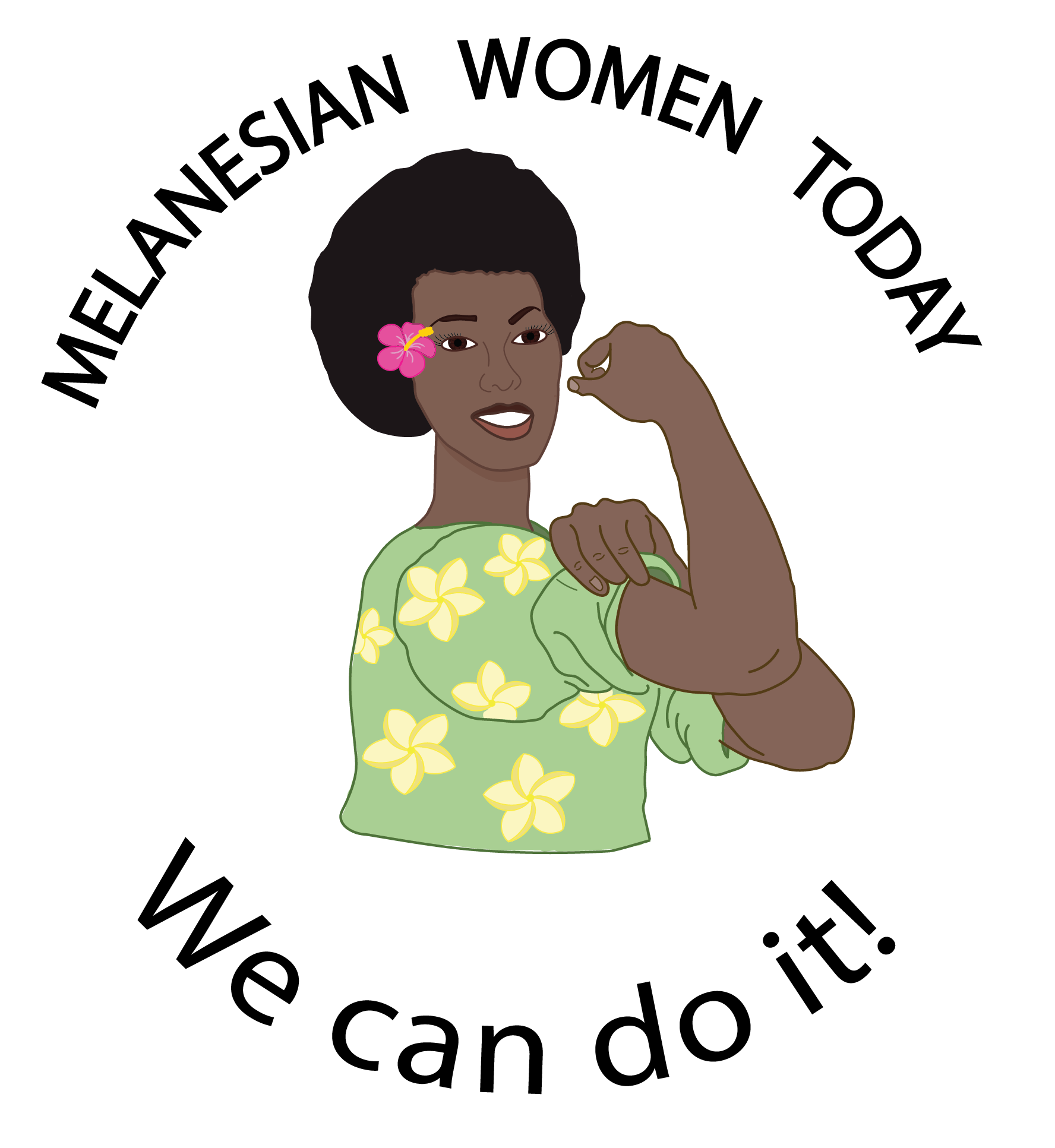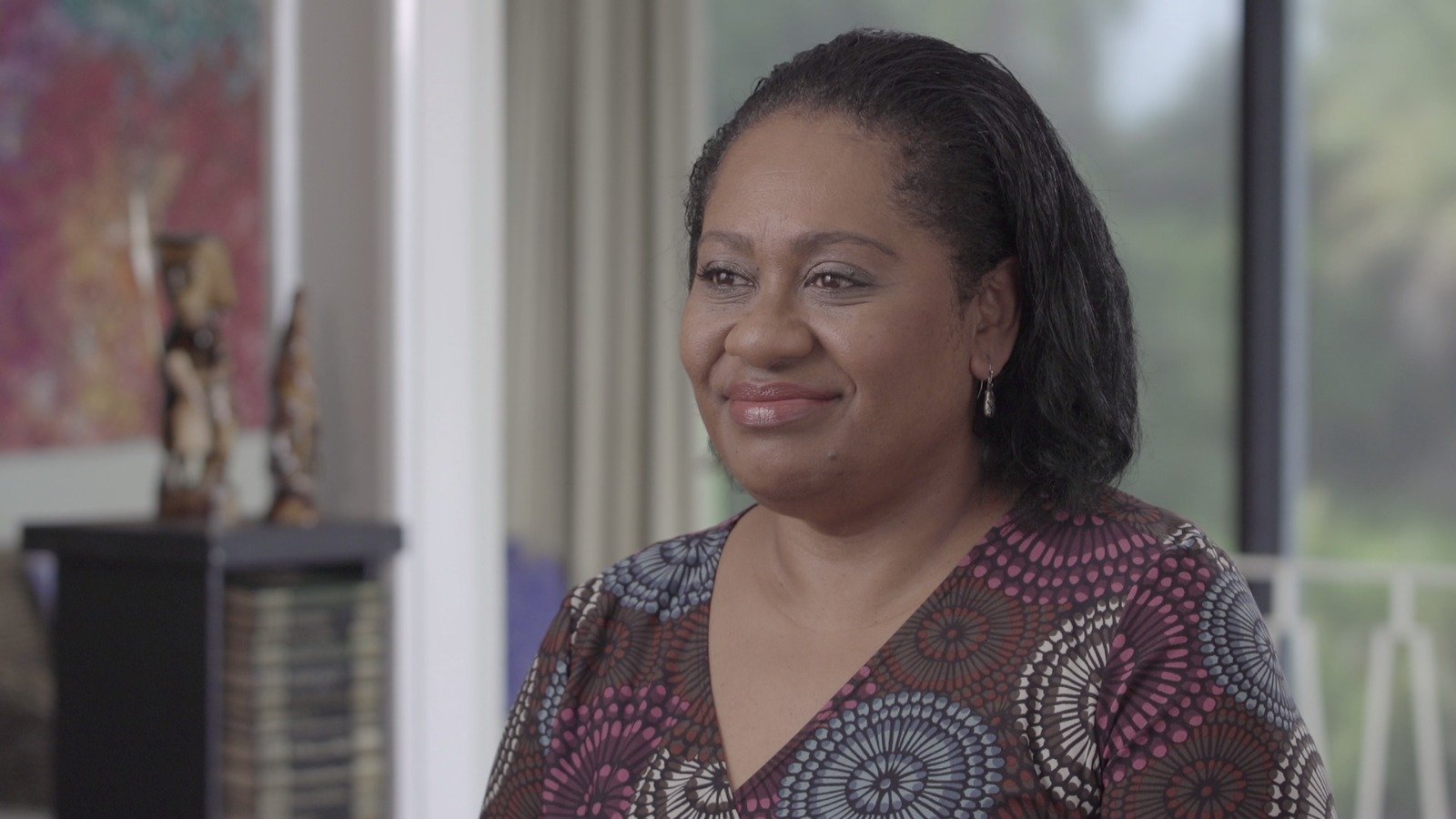Transforming Trauma into Triumph: Kalesi Volatabu's Mission for a Drug-Free Fiji
Kalesi Volatabu is a woman of many talents. She is the director of Drug Free Fiji, one of the only initiatives in Fiji that is leading the charge against drug use on our streets. This work is not for the faint of heart. Kalesi’s difficult childhood and the trauma she experienced in her young adult life have equipped her with the grit and empathy required to work in this space. As a young child, Kalesi and her younger siblings witnessed domestic violence and the detrimental effects of alcoholism at home. In 1987, when Kalesi became a teenager, her parents arranged a solo trip for her to travel to Australia. Kalesi didn’t know what to expect because she had never been on a plane before. She had barely traveled around Fiji at the time. Within a month or so of staying with her relatives in Australia, Kalesi realized that her parents’ intention was for her to stay in Australia permanently. Without any consultation, Kalesi was left with her relatives.
As a young teenager, Kalesi was at the mercy of her relatives, people she hardly knew. After a few months, Kalesi began to move from house to house and sleep on couches to keep a roof over her head. During this time, no one sat Kalesi down to discuss her visa status or her passport. She had no idea that she was an illegal immigrant living in Australia. As a young teenager, Kalesi only thought about survival and finding a place to stay for the night. Kalesi was a young girl who was abandoned and left to fend for herself. Eventually, Kalesi ended up sleeping rough on the streets of Sydney. Her short ‘holiday’ to Australia turned into three terrifying years of homelessness, looking for shelter and food.
With no one to help her, Kalesi turned to drugs to escape the reality of life on the streets. Her casual drug use turned into an addiction that took over her life. While using drugs, Kalesi experienced some of the worst trauma of her life. As a vulnerable young girl on the streets, predators took advantage of Kalesi. These experiences changed the course of her life and left heavy consequences for her mental health and well-being.
At 18 years old, Kalesi experienced a rare moment of grace when she gave birth to her son. It was a life-changing moment for Kalesi. She knew that she had to make something of herself so that she could provide for her son and give him the childhood she never had. With the help of a supportive partner and his family, Kalesi was hopeful for the future, an outlook that was seemingly impossible only a year prior. It was during this time that someone reported Kalesi as an illegal immigrant to the Australian Immigration Department. Without any efforts to understand how Kalesi had been manipulated as a child and brought to Australia against her will, the immigration police placed Kalesi in jail to await deportation to Fiji. Her partner and his family did their best to advocate for Kalesi as a young mother without any family support of her own. Through their efforts and Kalesi’s prayers, Kalesi was granted permanent residency in Australia.
In 1994, Kalesi studied engineering at TAFE. She began working in Queensland, touring to advocate for girls in STEM. She then moved back to New South Wales to work in corrections. She took on a mentorship role to help young offenders, many of whom were Pacific Islanders. Kalesi designed a program to mentor these young offenders and help them change their lives. With her own traumatic experiences, Kalesi was able to relate to these youths and form a trusting relationship with them as a mentor. Kalesi’s program was a success. As a result, she worked in the mental well-being space with the Australian High Court. Throughout her career, Kalesi designed symposiums and gathered police, chaplains, offenders, and others to find solutions for the root causes of these crimes. Her passion for restorative justice drove her to advocate for these people, whose lives she understood more than most. She moved back to Queensland to work in a remand center with 1,000 prisoners. Kalesi organized a rapid assessment of what prisoners needed to stay out of prison. From her findings, Kalesi decided that education was a pathway out of a life of crime, so she set up free courses for prisoners with TAFE and the University of Southern Queensland. These courses became popular among prisoners who wanted to study and break the cycle in their lives.
After decades of serving vulnerable communities in Australia, Kalesi decided to return to Fiji to set up a nonprofit to fight the war on drugs. In 2019, when Kalesi returned to Fiji, she said Fijians were in denial about the high levels of drug use across the country. No one wanted to openly admit there was a very robust drug market in Fiji. It took a few years to establish themselves properly, but Kalesi and her husband used their own money and time to facilitate projects around Fiji. Kalesi says no one should wait until their nonprofit receives money. With her resourcefulness, Kalesi developed partnerships with various communities and government ministries in Fiji. When Kalesi started this project, her aim was to develop a narcotics strategy in Fiji. Now that she has realized this goal, Kalesi wants to continue working in this space and building the capacity of other Fijians to join the fight against drugs.
Kalesi and her husband have now moved to his village in Macuata. Kalesi is immersing herself in indigenous Fijian culture, customs, and language. In his village, she is restoring parts of herself that were lost in her childhood. Returning to the village is a part of the healing process for Kalesi. For Kalesi, coming home to a village setting is peaceful. Kalesi says, “Going back to a village—your mana is there.” It’s like the Bible scripture about how God will restore the years that the locusts have stolen. Having been able to return to Fiji and re-establish her connection to her village, and especially her indigenous land, where her ancestors lived, where her family has always belonged, Kalesi is living out that scripture.
Written by Talei Caucau, MWT Fiji Coordinator
Pic Credit: Kalesi Volatabu


